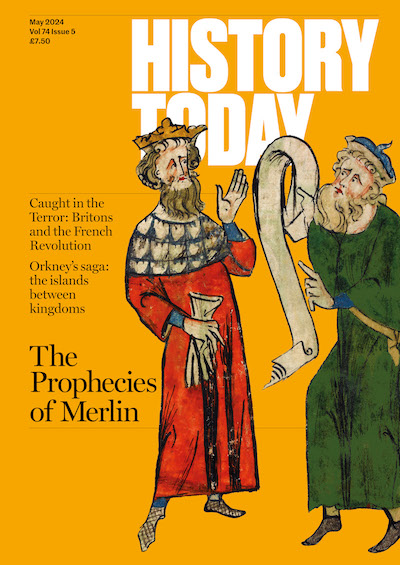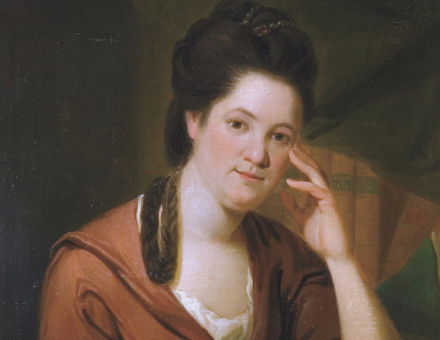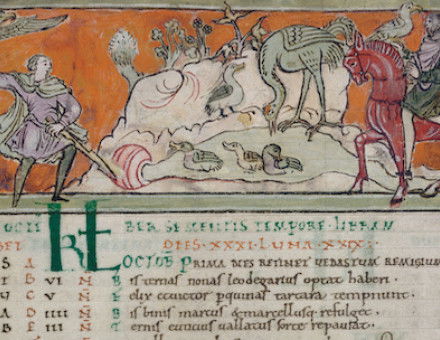Nineteenth-Century Nationalism: The Language of Survival
Robin Evans examines the connections between language, culture and national identity in 19th-century Galicia.
The history of Europe since the early sixteenth century is primarily the history of the nation state. In many respects the present European Union reflects a continuation of the principle of the dominance of nation states within Europe. When governments in London, Madrid or Paris refer to ‘the nation’ they invariably mean the citizens of the nation state, deliberately glossing over the rich mixture of nations within their state boundaries. Europe’s small nations – such as the Welsh, the Catalans or the Bretons – are invariably seen as regions rather than nations in their own right. This attitude reflects centuries of at least indifference and sometimes outright hostility towards the existence of these small nations. Their very survival into the twenty-first century has often relied on the courage and vision of key individuals or movements in their history. The experience of Galicia in the nineteenth century is a case in point.
Galicia and Spain





